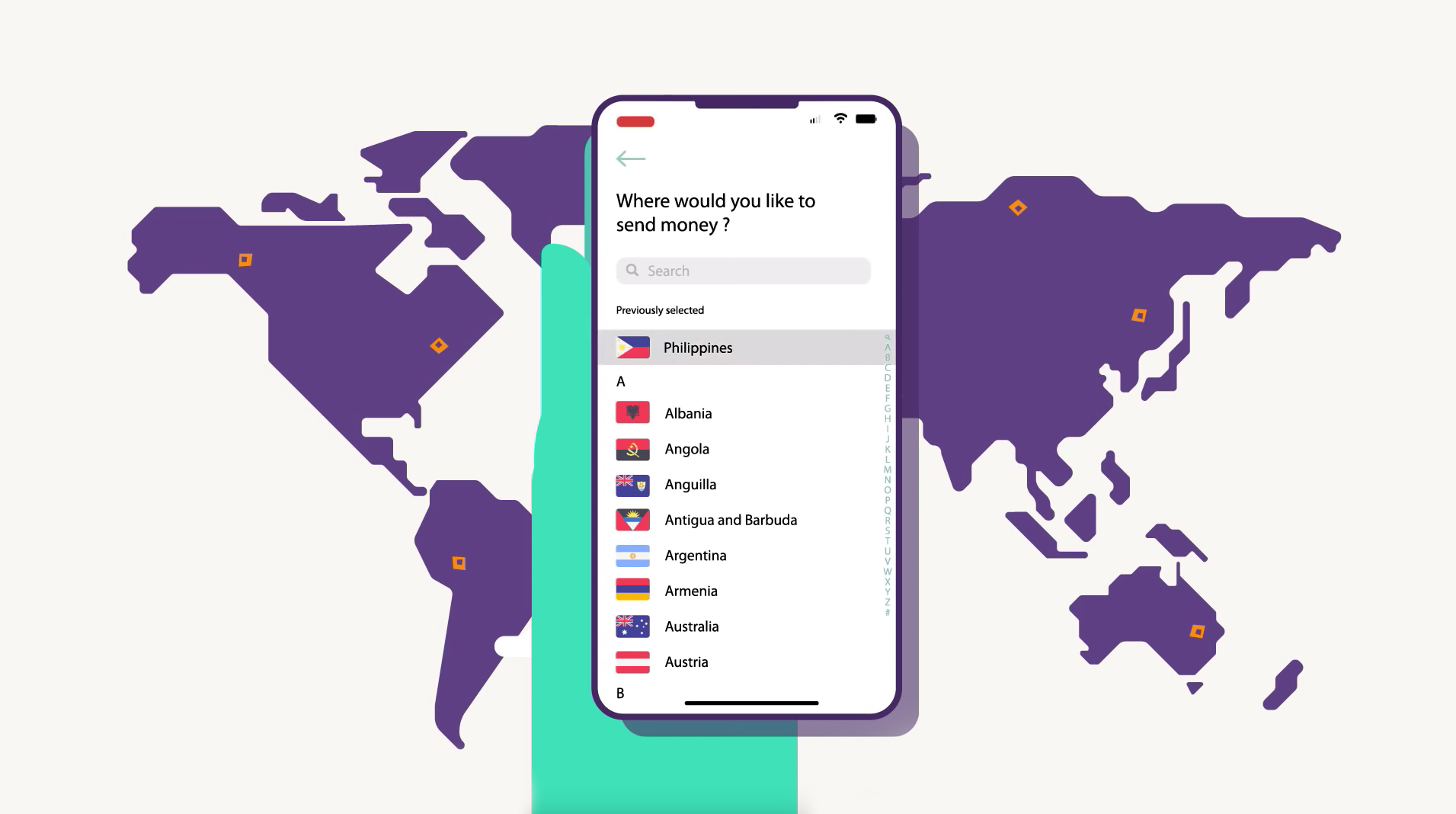Gambiaj.com – (BANJUL, The Gambia) – In recent years, remittances from the African diaspora have been celebrated as a lifeline for the continent’s economic development. However, an analysis by Gambian economist Alhagi Mbowe’s reveals, the $100 billion annual inflow primarily fuels consumption, not the sustainable growth Africa urgently needs. Though the narrative often paints remittances as transformative, they fail to deliver the long-term economic value that is crucial for Africa’s development.
According to the retired executive Managing Partner at Owens Street Business Analytical, remittances contribute little to the broader goal of economic sovereignty because Africa remains overwhelmingly dependent on imports, with consumption outpacing local production. For instance, Nigeria, Ghana, Kenya, and Zimbabwe, among the largest recipients of remittances, use a significant portion of these funds to purchase goods manufactured outside Africa. This dependency hampers the economic retention of remittance flows, as they rapidly cycle out of the continent, benefiting foreign economies more than Africa’s own.
The Limitations of Africa’s Economic Framework
Africa’s share of global manufacturing hovers at a mere 2-3%. This low productivity reflects inadequate economic structures, misaligned development policies, and a dependence on raw exports. In comparison, Canada’s economy, with a fraction of Africa’s population, surpasses Africa’s total exports due to a strong manufacturing base and trade agreements like NAFTA, which facilitate high-value exports. Mbowe contrasts this with Sub-Saharan Africa’s reliance on imports and underperforming manufacturing, which constrains job creation and economic retention.
The report highlights that countries such as The Gambia receive remittances amounting to nearly 30% of GDP, yet their economies remain in perpetual trade deficits. The funds, directed towards short-term consumption, fail to contribute significantly to development, as the country imports virtually everything it consumes. In this environment, remittances are a temporary solution to deep-seated structural challenges rather than a path to economic independence.
Trade and Investment: The Path to Real Economic Growth
The economic success of Canada and, more recently, Mexico, serves as a case study in how robust trade agreements, productivity, and investment in local industries can drive development. Unlike African economies, Canada leverages its close trade ties with the U.S. to amplify its economic output. Even with considerable diaspora, Canada’s economic model is structured to derive more value from local production than remittance inflows.
The analysis stresses that Africa’s future prosperity hinges on enhancing trade within its borders. However, intra-African trade remains underdeveloped, hampered by slow regional integration. In 2023, intra-African trade was valued at around $130 billion, representing a fraction of the continent’s trade with external partners, primarily the European Union and China. Without a foundation to support local production and trade, remittances cannot achieve their potential to stimulate economic growth.
The Financial Exploitation of Remittances
Africa’s financial dependence on foreign transfer systems such as SWIFT compounds the inefficiency. These systems, largely controlled by Western entities, impose transfer fees and exchange rates that siphon value from remittances before they even reach African recipients. This financial dependence further underscores the need for Africa to establish autonomous financial systems, reducing reliance on costly foreign intermediaries and enhancing local economic benefits from remittance flows.
Towards Sustainable Economic Development
Mbowe argues that Africa’s economic growth must focus on internal capacity-building, reducing reliance on external funding, and creating structures that facilitate productive investment. While remittances can support immediate needs, a significant shift in economic planning is required to turn this inflow into a driver of enduring growth. The continent needs leaders dedicated to fostering self-sufficiency, reducing corruption, and implementing policies that harness remittances for infrastructure, education, and technology.
Africa’s future economic success depends on creating an environment where the continent’s wealth remains within its borders, catalyzing local industry and trade. As Mbowe concludes, independence must lead to economic ownership. Otherwise, Africa will continue to face trade deficits, economic stagnation, and a reliance on foreign funds that do little to uplift the continent in the long term.










